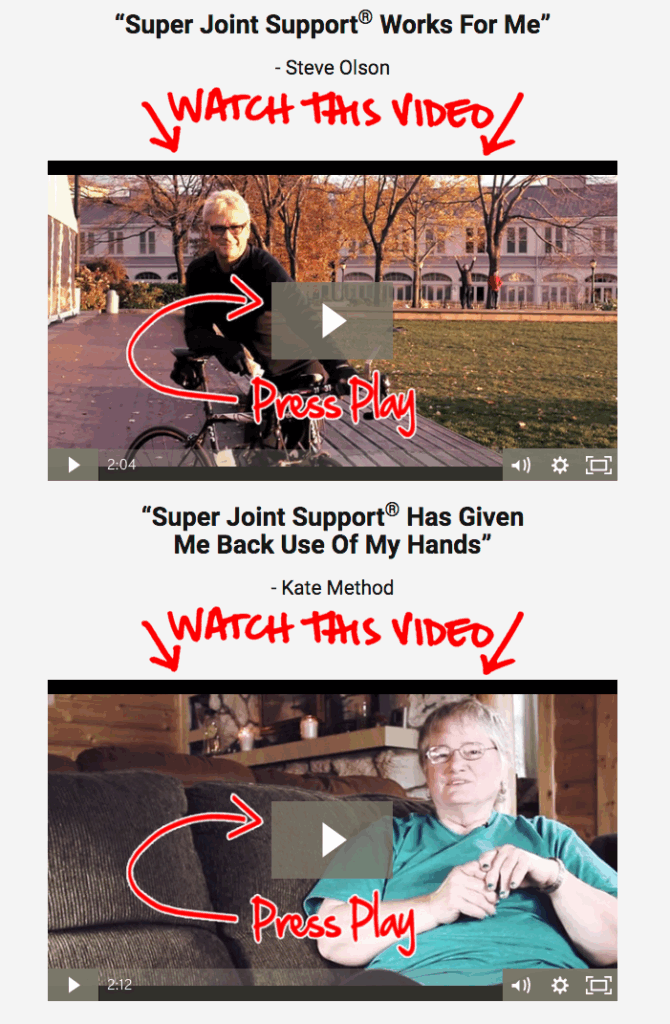Who has not had a day that where their back has not hurt for one reason or another? Just about any person on this earth can say yes, they have had a backache at some time in their life.
Knowing what causes your back to ache in the first place is the best way to stop it. When you know what the cause it, you can put a stop to it, and ease the pain. When your back is hurting in the upper area, and around the neck, it may be due to a possible injury from a car accident, stepping the wrong way and landing off balance—or something as simple as sleeping in a weird position.
Sitting at your desk in a chair that doesn’t fit you very well really won’t help either your middle or your lower back. Once the pain begins there, different symptoms will begin, and trying to pin down just where they’re starting from may be difficult to do.
Losing the feeling in your arm or hands because a nerve is pinched in the middle part of your back makes it difficult to do everyday work. Having sharp pains go up and down your body for any reason makes life hard, because all you can think about is the pain.
Learning how to cope with a backache, whether it is on a daily or a weekly basis doesn’t matter. The methods of coping are different for each and every person.
Some choices can include exercise, such as physical therapy where a therapist puts you through the moves that a doctor has prescribed. Things like aquatic exercise, jogging or even yoga can do a lot to help a simple backache depending on where it’s at.
Alternative options are available—in different forms. Massage is one that many people don’t always consider, but massage therapists can do wonders for an aching back.
If you’re looking for something a little more outside of the typical mainstream medicine, you might consider looking at acupuncture, or acupressure. Both are different forms of Chinese medicine that are practiced more commonly now—and are quite effective.
Medication is another option. Some patients prefer to go the herbal route—which the alternative doctors will happily work with. However, most mainstream doctors prefer to stay with what they know.
Using prescription medication that kills the pain in your back can be managed, if done carefully. Being careful not to abuse the prescription medication—it is important that it is used correctly.
Finally, the last option is that of surgery. It can be a drastic option to solve a simple backache—but if nothing else has worked, and then it may be needed. Talk to your doctor in detail about the problems you have, and weigh out the pros and cons carefully. Your body—particularly your back—will most definitely benefit.







